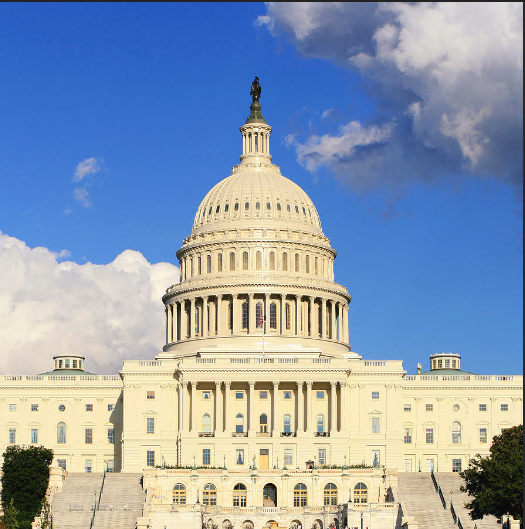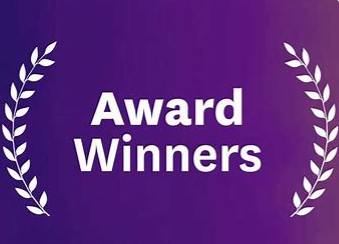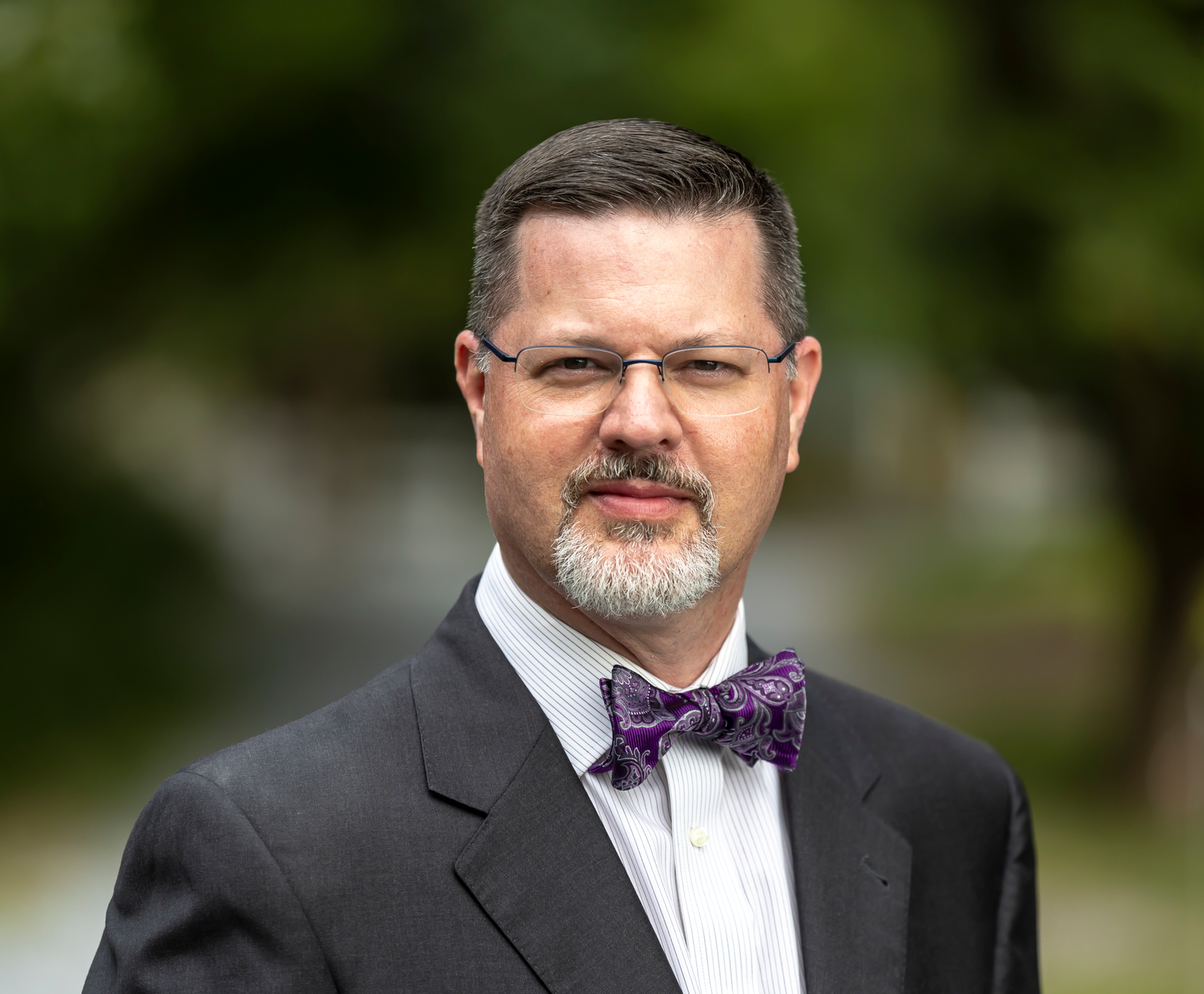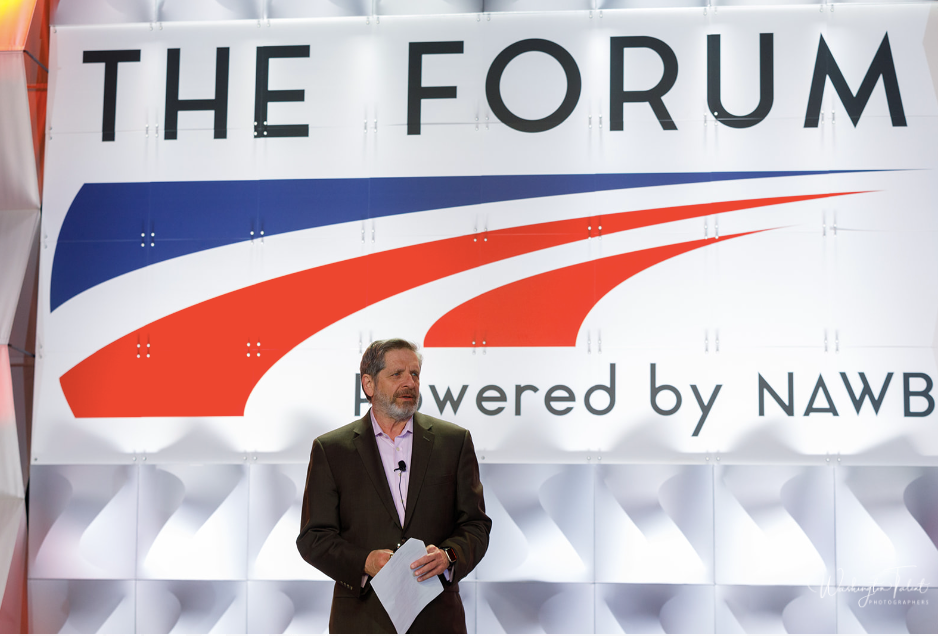#WkDevMonth: #WkDevPartners
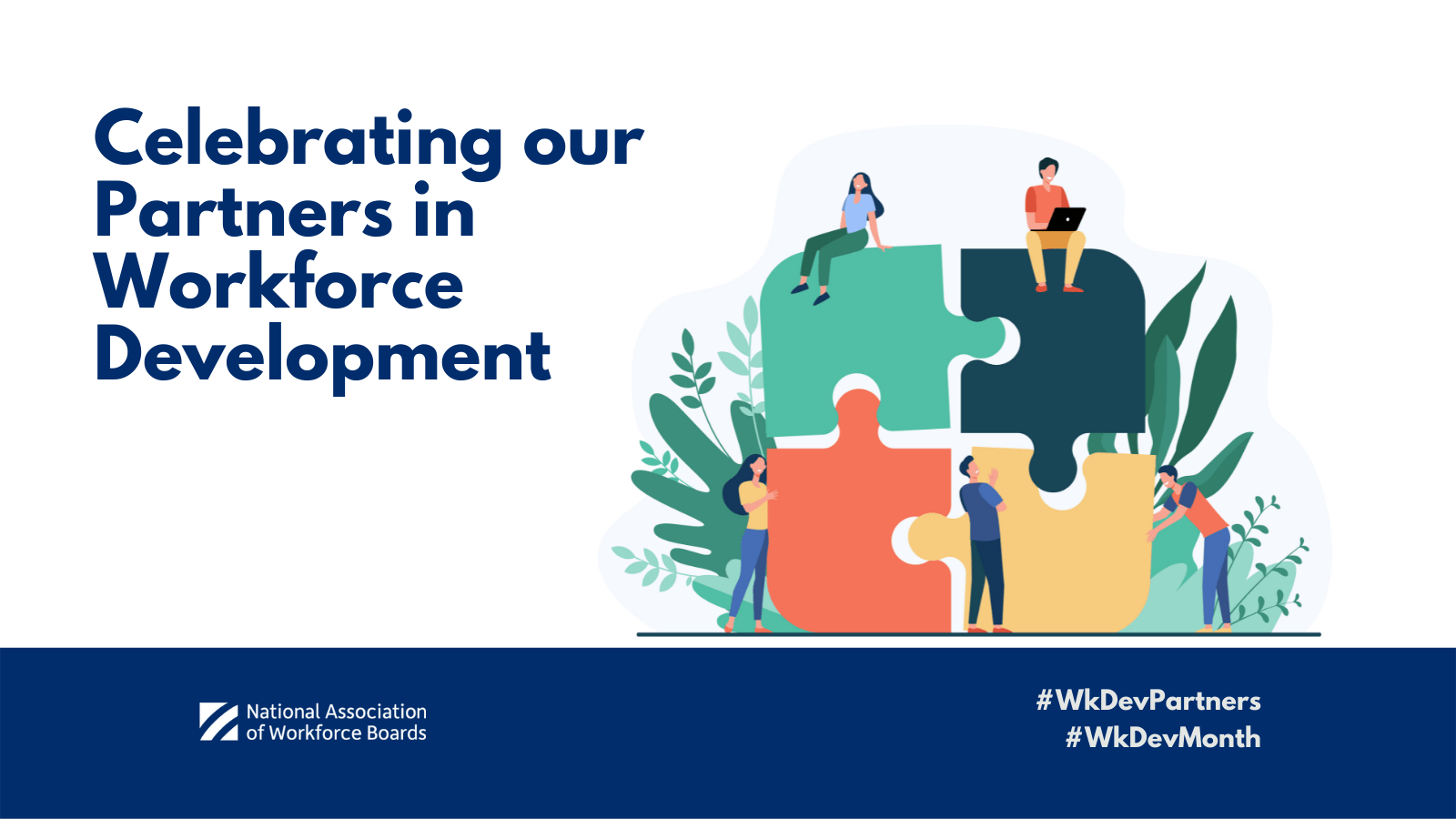
Grocery Supply Company
Nominated by: April Corbit, Workforce Solutions Northeast Texas
Grocery Supply Company recently participated in the Board’s internship initiative, bringing on an intern from a local community college to help them gain work experience. Grocery Supply Company has also participated in the Board’s industry tours, allowing area high school teachers to tour the facility and learn about the company’s operations in order to better understand employer workforce needs. The company is also participating in the Board’s upcoming video series to highlight area employers and connect high school students with local labor market information.
Sulphur Springs/Hopkins County Economic Development Corporation
Nominated by: April Corbit, Workforce Solutions Northeast Texas
The Sulphur Springs/Hopkins County EDC recently partnered with the Board to host a hiring event for employers and job seekers. The EDC has also been strong advocates and supporters of the High Demand Job Training Grant program offered by the Texas Workforce Commission. The High Demand Job Training grant requires a partnership between a workforce board and economic development corporation. The EDC partner must commit to provide funds to match the amount provided by the Texas Workforce Commission grant. The EDC matched a total of $185,000 for the area. The Board and the Sulphur Springs/Hopkins County EDC have been partners in four successful HDJT grants to upgrade training programs at the local high school and community college.
Palmetto Brick Company
Nominated by: Joette Dukes, Pee Dee Workforce Development Board
Palmetto Brick Company was founded in 1919 and the fourth generation of one of the founding families still owns/operates the company. Today, Palmetto Brick is the largest family-owned brick maker in South Carolina. It has won a myriad of national awards and has countless satisfied, long term customers.
Palmetto Brick is a dedicated partner of the Pee Dee Workforce Development Board (PDWDB) and the SC Works Pee Dee workforce system. Palmetto Brick was one of the first companies in the area to include WorkKeys in its hiring procedures. SC now promotes the WIN Learning system and Palmetto Brick works with the local technical college for its testing. It has partnered with the Board to hire many employees via the WIOA Title I On-the-Job Training (OJT) activity. Palmetto Brick is also the first brick company in SC to establish a USDOL Registered Apprenticeship. It is a regular participant in Job Fairs sponsored by SC Works and invites the AJC business services team to partner in hosting hiring events. Also, Palmetto Brick has received Incumbent Worker Training (IWT) grants from the board for many years to keep its workforce current on best practices in the brick manufacturing business.
The company is an active member of its Chesterfield County community. Its Human Resource Director, Mel West, has served on the PDWDB for several years and has been elected as Vice Chair for '21/'22. Mel is an ambassador for workforce development in her community, always promoting the Pee Dee Workforce Board’s activities and initiatives. She also just ended a term as President of the Rotary Club in Cheraw, SC. Palmetto Brick supports the local technical college and high schools' career days. It also supports organizations such as the Cheraw Chamber, Rotary, Hospice of Chesterfield County, American Red Cross, United Way, to name a few. It has donated bricks and supplies to build various structures in the community.
Palmetto Brick deserves to be recognized as a national workforce development business partner for its partnership with the PDWDB, its support of workforce programs and its commitment to the welfare and skills development of its workforce.
The Vegas Chamber of Commerce
Nominated by: Workforce Connections, Southern Nevada's Local Workforce Development Board
The Vegas Chamber, Nevada's largest chamber of commerce, is an active partner in developing business-led workforce development strategies for Southern Nevada. Among the notable collaborations: The Vegas Chamber hosts an Employ NV Business Hub (an employer focused One-Stop center) that opened in September 2020 during the height of the pandemic; has a workforce development professional embedded within its team; is a partner in developing and updating the region's Workforce Blueprint; and Vegas Chamber president & CEO Mary Beth Sewald sits on the Workforce Connections Board.
Best Vibes Village
Nominated by: Alistair Penny, San Diego Workforce Partnership
Best Vibes Village is a new startup in San Diego looking to build a holistic community where people can find meaningful connections and thrive. After starting this new business, Stephanie looked for resources from the local workforce board that would help her to identify and bring talent into her team.
After meeting with our team, she was connected with Jose, an immigrant from Mexico who had an MBA was struggled to find a job that his experience warranted here in the US and was working in Walmart. She leveraged our Techhire program to provide him with an internship which she converted to a full-time position using OJT training a few months later.
Together, Stephanie and Jose have built an effective business that offers a much-needed service to many San Diego residents. We're excited to see how their business continues to grow and are excited to expand our partnership with them in the future.
Dean Stephanie Lewis, San Diego Community College District
Nominated by: Alistair Penny, San Diego Workforce Partnership
For extraordinary partnership and collaboration on the Apprenticeship Readiness Collaborative and her laser focus on the needs of our participants.
Terra Source Global
Nominated by: Matt Jones, Mid America Workforce Investment Board (MAWIB)
Terra Source Global, located in Local Workforce Area 24 in Illinois (St. Clair County) has been and continues to be a great business partner in the region for apprenticeships and other work-based learning opportunities. They have heavily invested in not only training their current workforce, but have a strong emphasis on recruiting hard to serve adults and youth as part of their talent pipeline strategy.
Fischer Paper Products
Nominated by: Laura Gergely, Lake County Workforce Development Board
Fischer Paper Products was established in 1972 and has more than three-generations of experience in manufacturing food service industry paper products- Please click on the hyperlink below to view the article related to the Grand Opening of the New HQ- celebrating the grand opening of its new 162,000 sq. ft. headquarters in Antioch. Lake County Partners the economic development arm of Lake County, and member of the Lake County Workforce Development board, referred Fischer to Lake County Workforce Development to address their internal training, talent acquisition, and industry exposure needs.
Lake County Workforce Development met with Fischer Paper Products back in 2019 to discuss their talent acquisition and training needs. The ongoing relationship with LCWD has garnered six customized trainings for their employees through (IMEC) Illinois Manufacturing Excellence Center and numerous direct hires through LCWD. Fischer is currently working with our Ecosystem partners, which includes the College of Lake County to establish an Industrial Manufacturing Technology Apprenticeship program to upskill their current workforce and create a talent pipeline to remain competitive in the global economy.
Fischer Paper Products is currently involved in rapid response events (Layoff Forums) with Lake County Workforce Development to identify transferrable talent and create a seamless process for laid off workers that may possess the necessary skills to fill the vacant positions within Fischer Paper Products. Over the next three years Fischer Paper Products expects to invest in 60 new hires to address their immediate needs and long-term expansion and growth opportunities. The company’s expected growth will increase its workforce by 10 percent each year for five to 10 years. To address the immediate and long term needs of Fischer Paper Products, Lake County Workforce Development is conducting a Virtual Hiring event scheduled for March 17th 2021, with the assistance of the Eco-System partners, which include Illinois Department of Employment Security, Lake County Partners, and the College of Lake County to engage job seekers, unemployed workers, and college students on career path opportunities within Fischer Paper Products and to promote their newly established apprenticeship program. Not only is Fischer a thriving business and bringing growth to Antioch Illinois, but they are also an organization dedicated to supporting its surrounding local nonprofits.
In October of 2020 Josh Fischer the CEO of Fischer Paper Products joined the Lake County Workforce Development Board to continue its commitment to helping Lake County businesses and residents and to support the mission and vision of the Workforce Development system.
City of San Diego
Nominated by: Tracy Eckard, San Diego Workforce Partnership
The City of San Diego has reliably supported and funded workforce development in the region through the San Diego Workforce Partnership. It's prioritized populations at greatest need of interventions, like opportunity youth, and in sectors some of the greatest pathways to sustaining wages and quality jobs. Together we've been able to serve hundreds of San Diegans through programs like TechHire and Connect2Careers. Funding sustained and later grew during the pandemic to reflect the even greater need to get San Diegans back to work.
Together Toward Health and the Public Health Institute
Nominated by: Karen Connolly, San Diego Workforce Partnership
Thanks to our partners #TogetherTowardHealth and the Public Health Institute, the San Diego Workforce Partnership launched our inaugural Behavioral Health navigator program! This program will equip 25 BIPOC community members with the knowledge, skills, and certifications required to begin or advance a career in behavioral health.
Sammy Totah, Kaiser Permanente
Nominated by: Shaina Gross, San Diego Workforce Partnership
As the Chair of our Workforce Development Board, Sammy has been hands on making sure our community receives the services it needs, our staff is supported, and we are embracing diversity, equity and inclusion across all of our work. He also personally provided a training on work styles and meyers-briggs for our entire 75 person staff.
The Chef Jeff Project
Nominated by: Stacy Womack, Workforce of Southern Nevada
The first nonprofit service provider in Nevada to offer workforce training as a blended model of culinary work experience and pre-vocational young system impacted youth - take a look www.thechefjeffproject.org.
Tom Lemmon, San Diego Business Trades
Nominated by: Shaina Gross, San Diego Workforce Partnership
Tom has been critical in the success of our High Roads Construction Careers program by aligning our training programs with accredited pre-apprenticeship curricula and the opportunity to be hired as a union apprentice.
Cooper Standard Automotive
Nominated by: JohnnieLynn Crosby, Upstate Workforce Development Board
Cooper Standard Automotive has been a strong business partner to SC Works Greater Upstate and the Upstate Workforce Board for many years. Cooper Standard strives to create a welcoming, diverse, and safe environment. Recently, due to a shortage of automotive parts Cooper Standard faced the reality they would need to layoff 100 employees during the month of July 2021, while production was on hold. Cooper Standard reached out to our local SC Works office requesting support and asking for potential solutions. The local office responded quickly with an idea that would avert layoff, and provide educational opportunities to Cooper employees. Through local community college funding and Incumbent Worker training, Cooper Standard was able to retain employees through the month and provide quality training to upskill the workforce. Although more than $200,000 was invested to upskill the workers, the opportunity could not be possible without Cooper's commitment to their employees. The company chose to keep all individuals on payroll, although they could not produce, and offer them a chance to enhance their skillset. In this economy when many companies are struggling to stay afloat through the impacts of Covid, the loyalty Cooper Standard showed to its employees is a true testament to the work environment they have created. The company puts safety and people first. SC Works Greater Upstate and the Upstate Workforce Development Board are honored to work with such a compassionate business partner.


National Association of Workforce Boards | All Rights Reserved |
Created by Olive + Ash.
Managed by Olive Street Design.


